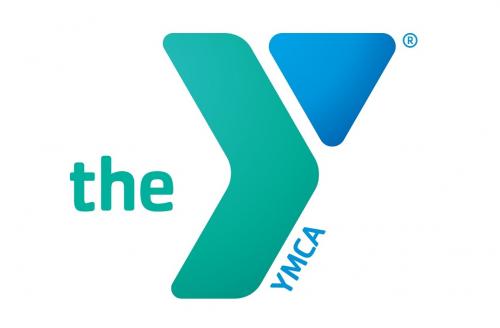Why Pronouns Matter

As a community organization for all, committed to advancing equity and inclusion for all, the Y encourages inclusive language. One way to be inclusive is through the use of pronouns.
Including pronouns is a first step toward respecting and affirming people’s gender identity, working against assumptions, and engaging people of all genders, including those who identify as transgender, gender nonconforming, and gender non-binary.
In English, pronouns are used frequently in speech and writing in the place of someone’s name. When referring to someone in the third person, these pronouns have a gender implied.
To decide what pronoun to use, people often make an assumption about the gender of someone based on appearance, name, mannerisms, clothing or other expressions of gender. These associations are not always accurate or helpful.
The Importance of Pronouns
Using someone’s correct pronouns is a way to show respect, create an inclusive environment and interact with people as unique individuals. Gender can be very important to someone’s sense of self. To incorrectly gender someone can cause the person to feel disrespected, alienated, or dysphoric (or a combination of the three).
It is very important to know that you cannot visually tell someone’s gender. This means that you can also not visually tell if someone is transgender, non-binary, genderqueer, gender nonconforming, gender-variant, etc. Asking what pronouns someone uses in that specific space can prevent emotional distress from happening, and sets an example of respect and inclusion.
Examples
People may choose to use a variety of pronouns. Pronouns are interchangeable. For example, someone may use he and they.
Below are some examples.
- He, Him, His, Himself
- She, Her, Hers, Herself
- They, Them, Their, Theirs, Themselves
- Ze, Hir, Hirs, Hirself
- Ze, Zem, Zirs, Zirself
- Ey, Em, Eirs, Eriself
How Do I Know What Pronouns to Use?
If you’re not sure what pronouns someone uses, it’s a good practice to ask.
Asking for pronouns can depend on the setting. When speaking to a member, camper, coworker, or other community member to whom you introduce yourself, it is best to ask for their pronouns. Some ways to do this might be:
- “What pronouns do you use?”
- “What pronouns should I use for you in this space?”
- “My name is Dan, and my pronouns are he and him. What about you?”
If you aren’t sure of someone’s name or pronouns but you have already asked or met the person, it is okay to ask for them again or later. Someone may use different pronouns in different spaces. Asking what pronouns to use in a specific space makes room for people to be affirmed and express themselves in a variety of ways, including if the person does not want to out themselves in certain spaces. People may not be out everywhere and may not want to be out elsewhere or with others.
Respecting Boundaries
While it is important to take an active role in being inclusive – whether it is through educating yourself, checking in if a person’s name or pronouns have changed, or correcting yourself and others who make mistakes – it is also important to do this at the comfort level of the person with whom you are interacting.
Do not ask about a person’s body, their potential former names, their gender, why or how they know they are a certain gender, their sexual practices, or any other questions that are invasive unless the person invites you to ask.
More Information
For more information about pronouns and why they matter, check out these resources.
- Website - mypronouns.org
- Guide from Y-USA - Gender Pronouns and Why They Matter
